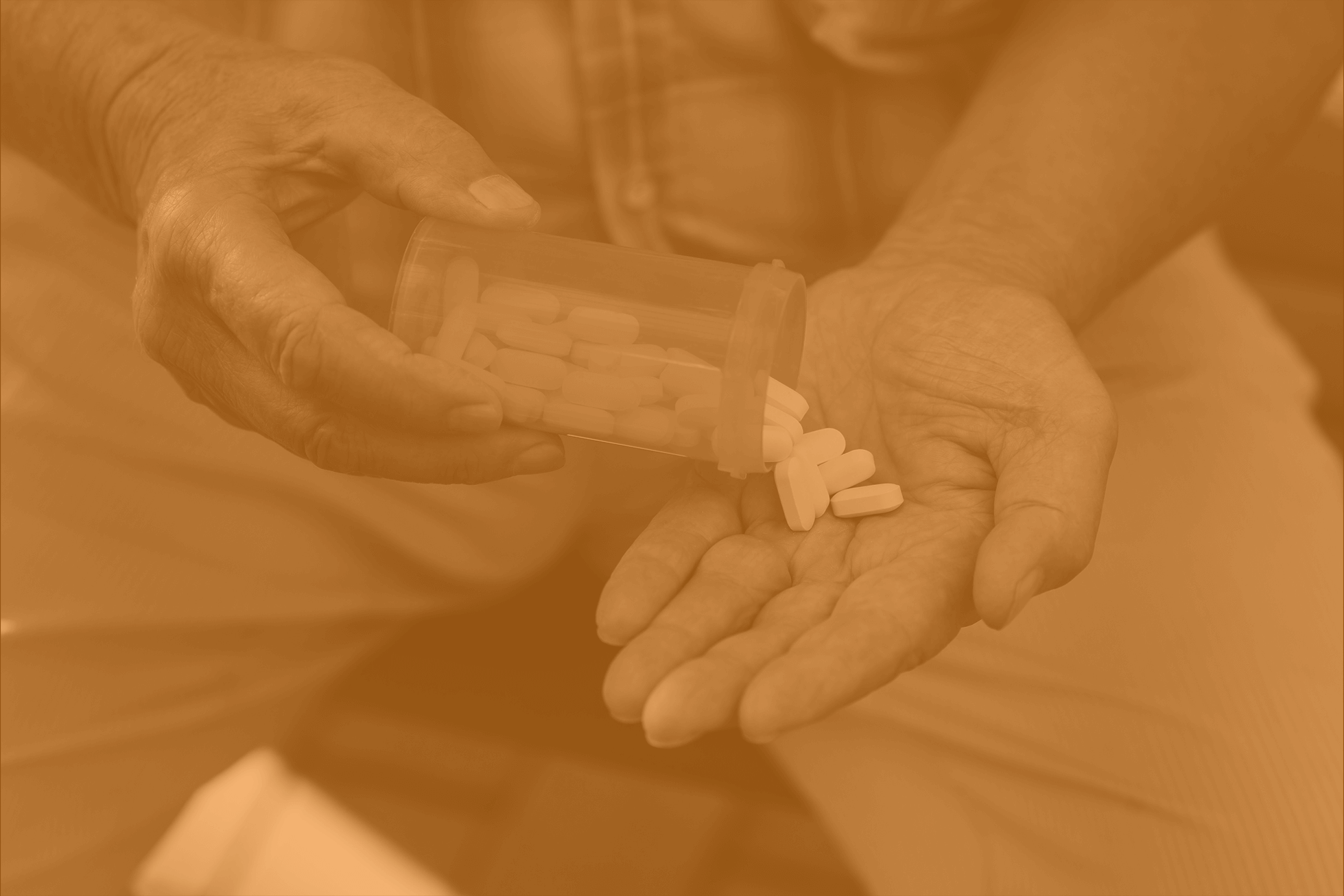Consequences of Improper Pharmaceutical Disposal

What are the dangers and consequences of improper pharmaceutical disposal? Despite advancements in regulations and guidelines for the development of effective, safe, and compliant drug disposal processes, the dangers of non-compliance – and its consequences – still exist.
Pharmaceutical products that are improperly disposed of can cause risk not only to human health and safety, but to the environment, with long-term and sometimes everlasting effects.
According to the FDA, over 20,000 prescription drugs have been approved for marketing. Meanwhile, the Centers for Disease Control and Prevention (CDC), state that over 860 million drugs have been provided or prescribed during physician office visits in recent years, the most common among them being antidepressants, analgesics, and anti-hyperlipidemia medications.
As more pharmaceuticals are developed and proscribed, knowing how to properly dispose of them will be essential not only to reduce the risk of fines and penalties for your practice, but for the safety of healthcare providers, patients and families, and the environment. As a major externality for pollution and potential drug abuse, the consequences of improper pharmaceutical disposal affect every provider around the world.
A summary of regulations in the United States
Regulations in the United States are well-established, yet pharmaceutical products – many of them unused or expired – still end up being illegally disposed of through carelessness, negligence, or poor understanding of state and federal government laws.
There are several pieces of legislation that define these regulations as well as government agencies that provide oversight, including but not limited to:
- Clean Air Act
- Clean Water Act
- Toxic Substances Control Act
- The Resource Conservation and Recovery Act (RCRA)
- The Drug Enforcement Administration (DEA)
- Department of Transportation (DOT)
- Food and Drug Administration (FDA) recommendations
- Occupational Safety and Health Administration (OSHA) guidelines (regarding the Bloodborne Pathogen Standard)
Additionally, every state has guidelines for pharmaceutical storage and disposal processes that must be followed in order to avoid fines and penalties.
Environmental dangers of non-compliant pharmaceutical drug disposal
Today’s pharmaceutical disposal regulations were prompted in part by historical contamination of local water supplies, streams, lakes, and rivers. Improper disposal leads to chemical contaminants leaching into waterways, and researchers have identified steroids, painkillers, seizure medications, antibiotics, and antidepressants as the most common contaminants found in water ways. Such drugs in marine eco systems have been noted to not only change reproduction and growth potential for many fish and frog species, but their behavior as well.
As the number of pharmaceuticals in households continue to rise, issues of improper disposal are not exclusive to medical facilities. Increased education and guidance regarding household pharmaceutical disposal of unwanted, expired, or unused drugs have become more prevalent.
In recent years, mail-back programs, special collection events, and drop-off bins make it easier for those in at-home scenarios to safely dispose of pharmaceuticals that were once tossed in a sink, flushed down the toilet, or thrown into trash cans.
Dangers to health and safety linked to improper pharmaceutical medicine disposal
Accidental exposure to and/or poisoning from certain drugs can be dangerous and potentially deadly to children and adults. With such substances, proper disposal methods must be followed to reduce the risk of exposure and the increasingly prevalent issue of drug diversion issues.
According to a 2019 article, approximately 60,000 children aged five years or under have had access to or overdosed on prescription drugs. 95% of those accidental overdoses resulted in visits to emergency rooms, primarily caused by improper storage practices by caregivers or parents.
For example, Fentanyl is one drug known to cause overdoses that has become increasingly prevalent in the United States in the recent past. Fentanyl can be consumed in multiple formats. Fentanyl patches, a transdermal pain control system, have been available for use by patients in hospitals, clinics, and those requiring long-term pain medicine for years. However, accidental exposure to discarded fentanyl patches can cause serious illness and even death.
Fines and penalties for non-compliant drug disposal
Financial fines and other penalties for noncompliance with pharmaceutical disposal can be handed down not only from the EPA and DEA, but from state agencies as well. Fines for non-compliance with the Resource Conservation and Recovery Act (RCRA) can cost up to $76,764 per item, per day. Anyone knowingly disposing of harmful pharmaceuticals can incur penalties of up to $250,000.00 as well as possible prison time on top of state-mandated fines and penalties.
The Department of Transportation (DOT) can also assess fines for improper or noncompliant transportation of pharmaceutical waste.
Seeking safer ways to dispose of pharmaceuticals
In recent years, enhanced drug diversion practices in medical practices and environments have driven efforts to improve pharmaceutical disposal practices (in addition to community efforts to provide safe depositories for unused, expired, or unwanted drugs).
Among those are drug denaturing products into which pills, capsules, tablets, and liquids can be dropped. Containers like Secure a Drug use water and activated charcoal to destroy pharmaceuticals, denaturing them and rendering them “non-retrievable.”
When it comes to pharmaceutical drug disposal, we are focused on encouraging responsibility and providing education and resources in support of that aim. Such practices help to ensure the safety of our environment, human and animal health, and reduction of risks due to non-compliance or inadequate controlled substance disposal practices. For more information regarding our products and services, contact us today.

